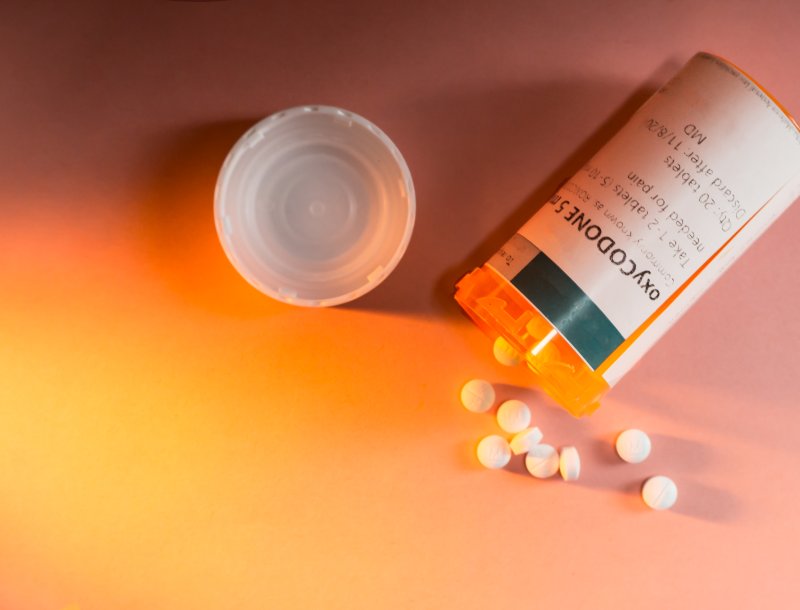More than 49,000 people died from opioid overdoses in 2017. Without public policy intervention, researchers project that number will hit 81,700 by 2025. Photo by Cindy Shebley/
Flickr
Feb. 1 (UPI) -- Opioid overdose deaths are at national epidemic levels and show no signs of slowing in the near future, new research says.
By 2025, deaths from illicit opioid abuse are expected to skyrocket by 147 percent, up from 2015, according to a study published Friday in the Journal of the American Medical Association.
"Efforts to curb the epidemic by reducing the incidence of prescription opioid misuse -- the primary focus of current interventions -- will have a modest effect of 3-5 percent reduction in overdose deaths," Jagpreet Chhatwal, a researcher at Institute for Technology Assessment at Massachusetts General Hospital, told UPI. "The multipronged approach is needed that includes strategies to identify people who have opioid use disorder, improving access to medications for opioid use disorder such as buprenorphine and methadone, and improving access to harm-reduction services."
More than 49,000 people died from opioid overdoses in 2017. Without public policy intervention, the researchers project that number will hit 81,700 by 2025.
They don't attribute the spike in overdose opioid deaths to overprescribing, though. The researchers found that even in the unlikely situation that no one misused prescriptions opioid drugs the number would still be higher in 2025 than 2015.
"We also estimated that between 2015 and 2025, around 700,000 people are projected to die from an opioid overdose, and 80 percent of these deaths will be caused by illicit opioids such as heroin and fentanyl," Chhatwal said.
Previous research suggests that overprescription of opioids is a problem drug companies are incentivizing doctors to create, though researchers in the new study say that's not what is driving the overdose death part of the epidemic.
Use of fentanyl on its own, in addition to its use mixed with illicit drugs like cocaine and heroin, is fueling this crisis. From 2013 to 2016, the Centers for Disease Control reported that fentanyl overdoses topped opioids as the main cause of overdose deaths.
With no end in sight, Chhatwal and her team don't think putting addicts in jail is the answer. Rather, they want more treatment for people addicted to the drugs.
"Criminalization of people who misuse opioids/drugs is not a solution," Chhatwal said. "We need resources to to scale-up access to treatment for opioid use disorder such as buprenorphine and methadone, and harm reductions services. Destigmatizing this vulnerable population could help reduce the barriers for this group to get the help they need."















